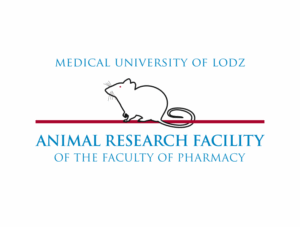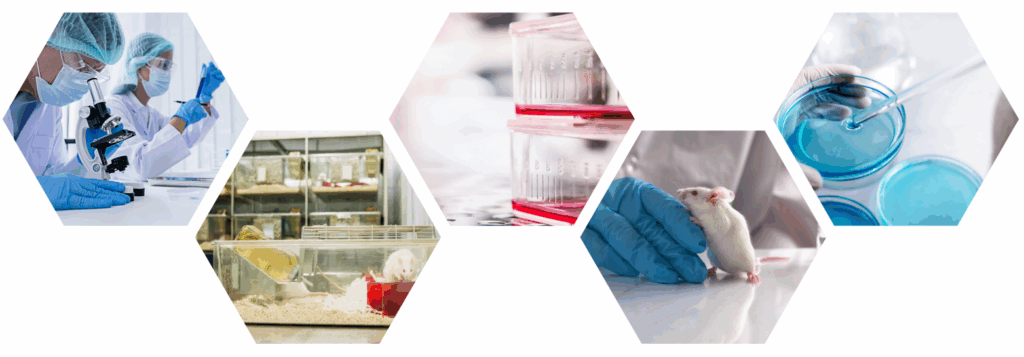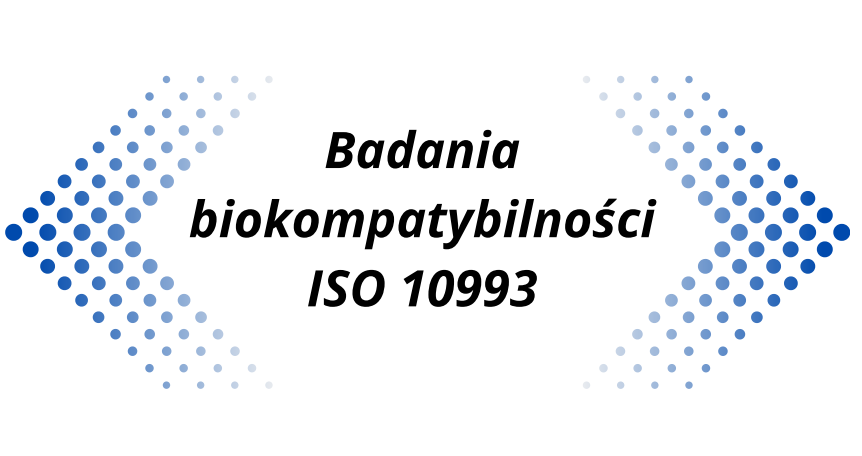Our Animal Facility is a modern research center operating within the structure of the Faculty of Pharmacy at
the Medical University of Łódź. We conduct in vivo and in vitro studies in compliance with international
standards. We have received a GLP certificate and PCA accreditation for research laboratories in accordance
with ISO 17025:2018-02. Thanks to our advanced infrastructure and highly qualified staff, we support the
development of pharmaceutical and biomedical sciences.

ABOUT US

OUR CERTIFICATIONS
21/2024/DPL
Good Laboratory Practice (GLP) Certificate
21/2024/DPL
SCOPE OF SERVICES
IN VITRO Studies
Cytotoxicity Testing Methods:
MTT, XTT, NRU, CF, Agar Diffusion
In Vitro Irritation Testing

IN VIVO Studies
Assessment of Sensitizing Effects: GPMT and
Buehler Test
Irritation Assessment
Evaluation of Local Reaction After Implantation
(Subcutaneous or Intramuscular Implantation)
Systemic Toxicity Studies
Pyrogenicity Testing
NON-STANDARDIZED STUDIES
Cancer Biology and Therapy Research Using
Immunodeficient Mouse Models
Behavioral Studies
Toxicological Studies
OTHER LABORATORY SERVICES
Training Services on laboratory animal procedures
Rental of research equipment for startups and project needs
Assistance in designing animal studies and consultation during the application process for the Local Ethics Committee
MEET OUR TEAM

DVM Anna Rybicka

MSc Marta Frankieiwcz

Karolina Libertowska

DVM Piotr Kamola
MSC Piotr Rychlewski
Mieczysław Korn
Paweł Marek
Rafał Szymczak
CONTACT US
ul. Muszyńskiego 1
90-151 Łódź
42 272 55 80
+48 887 779 885



